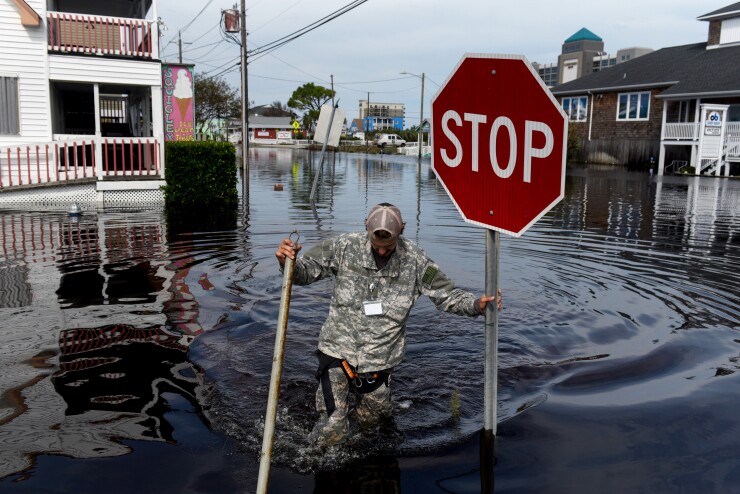Even as cleanup in the Carolinas begins after Hurricane Florence, the IRS warned that scammers may well try to take advantage of taxpayers who want to help victims of major disasters.
Schemes normally start with unsolicited contact by telephone, social media, e-mail or in-person. Some impersonate charities to get money or private information from would-be donors, and bogus websites may use names similar to legitimate charities to trick donors into sending money or revealing personal financial information.
Some brazen scammers even claim to be working for or on behalf of the IRS to help victims file casualty-loss claims and get refunds, the agency said.
Never give cash or personal financial information, the IRS warned. IRS information on disaster-related tax issues, including provisions for tax relief, are on the disaster relief page on IRS.gov. The IRS site also has a






